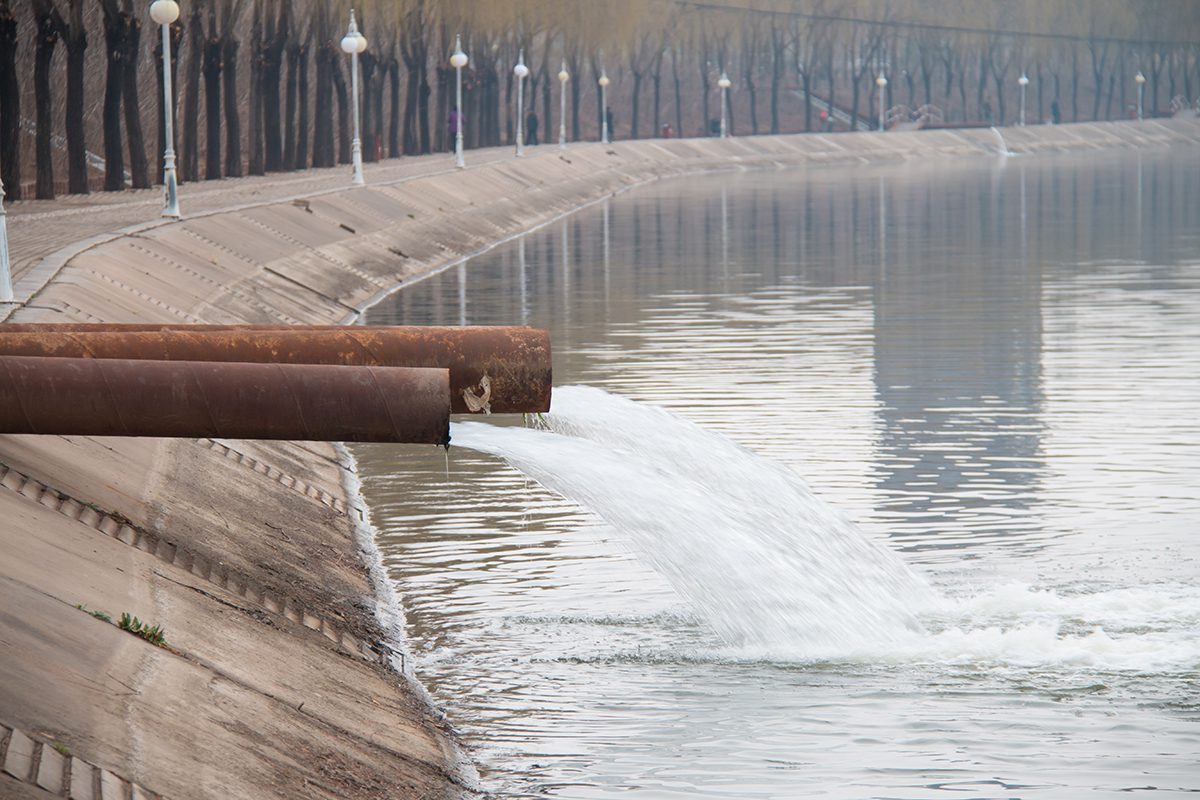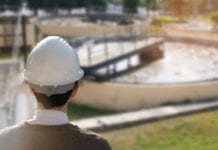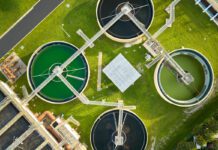
Efforts to improve the water quality of England’s rivers, lakes and waterways are faltering – and unless policymakers recommit to the hard work of regular testing and monitoring, they risk losing control of this battle completely.
Instrumentation firm Elementar UK is calling for all of those responsible for looking after the purity of England’s surface water bodies to pay close attention to recent data trends, which show that water quality across the country is failing to meet the necessary standards. The company is also warning that a further loss of momentum on these efforts may be inevitable unless there is a change of approach.
The latest water classification results, released in September 2020 by the Department for Environment, Food & Rural Affairs (Defra), painted a discouraging picture of the nation’s progress in preventing pollution of its rivers, streams, lakes and other bodies of water. It showed that only 16% of England’s waters – and only 14% of rivers – currently meet the criteria for “good ecological status”, the same percentage as in 2016.
Moreover, it was shown that none of England’s surface water bodies meet the current criteria for “good chemical status”, compared to 97% in 2016 – although this was explained in large part by a switch to tougher new standards that more accurately report the presence of certain chemicals, such as toxic polychlorinated biphenyls (PCBs).
The key contributors to this pollution have been raw sewage discharges by water companies directly into rivers, chemical discharges from industrial sites and agricultural run-off. Defra has since admitted that it is currently “running to stand still” in its efforts to achieve 100% healthy waters by 2027, and that they are still “a long way from the government’s ambitions”.
However, other reports have indicated that, by some metrics, the government is pulling back from steps to tackle this problem head-on, at a time when it should be redoubling its effort. Data obtained by The Guardian in recent weeks has indicated that the number of water pollution incidents attended by the Environment Agency in 2020 has fallen dramatically, with the COVID-19 pandemic cited as a key cause.
Between the start of April and the end of August 2020, the Environment Agency attended only 292 water pollution incidents, compared to 1,726 during the same period in 2019 – an 83% drop. However, the number of incidents reported during these time periods remained largely the same (9,144 reports for 2020, compared to 9,424 in 2019).
Meanwhile, analysis from the campaign group Unchecked UK has suggested that the root of these issues may go back much further than the pandemic, putting the blame on environmental deregulation initiatives that were intended to deliver efficiency gains and cost savings.
According to the report, water quality improvement efforts have been hampered in the last decade by “ongoing failures to regulate firmly, the shifting of regulatory responsibility to the private sector, the deferral of key targets, the decline in reporting frequency, and the rolling-back of monitoring programmes”. The group estimates that it will now take over 200 years to achieve the government’s key water quality targets.
Although the COVID-19 pandemic continues to cause disruptions and economic pain, Elementar UK is reminding policymakers and other organisations responsible for water quality standards that now is not the time to make any further cutbacks to water monitoring and testing.
Mike Seed, IRMS sales and product manager for Elementar UK, said: “In an unprecedented year, government organisations may be actively looking for areas in which they can reduce spending to preserve the public purse. However, shying away from necessary action on England’s water quality is certainly a false economy.
“Water pollution is a far-reaching problem with all sorts of serious consequences. It threatens the nation’s wildlife and plants; it undermines the health of agricultural crops; it makes it more expensive and difficult to source the clean drinking water on which we all rely. Tackling this issue should therefore be considered a top public priority.”
In order to bolster these efforts, Elementar UK is calling on England’s water laboratories to invest in the very latest technological solutions for monitoring and testing. By making efficient use of sophisticated elemental analysis techniques, researchers can gain access to a wide range of insights into water quality and environmental trends that can spur meaningful action.
Mike Seed explained: “Elemental analysis should be seen as a key cornerstone of England’s efforts to tackle its current water quality crisis. By screening samples for their total organic carbon (TOC) concentrations, labs can identify the presence of potentially harmful impurities; nitrogen and phosphorus determination can also be carried out to monitor the impact of agricultural fertilisers on water quality.
“What’s more, oxygen and hydrogen isotope analysis of environmental waters can enrich understanding of hydrogeological systems in many other ways, providing insights into reservoir residence times, groundwater recharge rates, mixing models and river basin dynamics. This makes it possible for scientists to understand the fate of these pollutants in our natural environment.
“Clearly, the issues facing water quality in England will not be easily solved – but only through a renewed commitment to proper testing, analysis and monitoring will this country be able to achieve the improvements needed for our environment, our health and our communities.”







